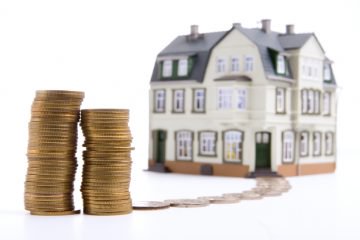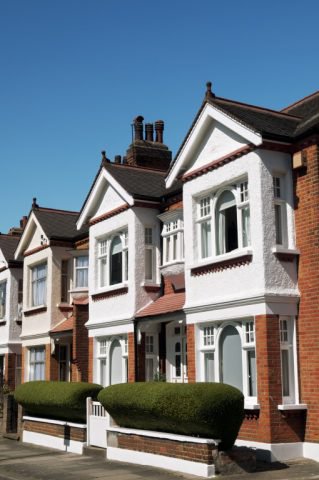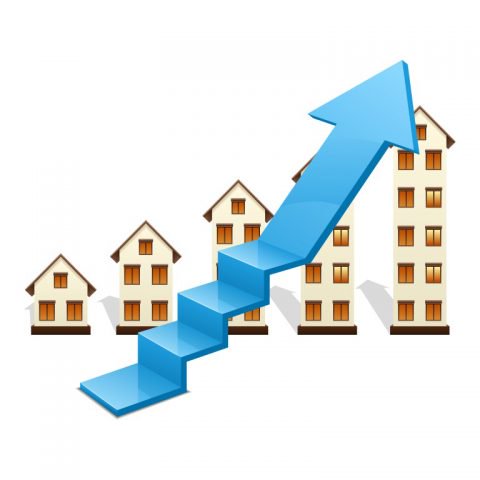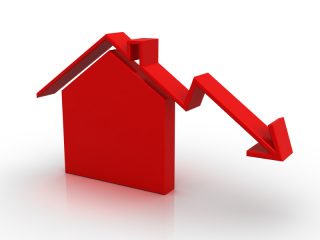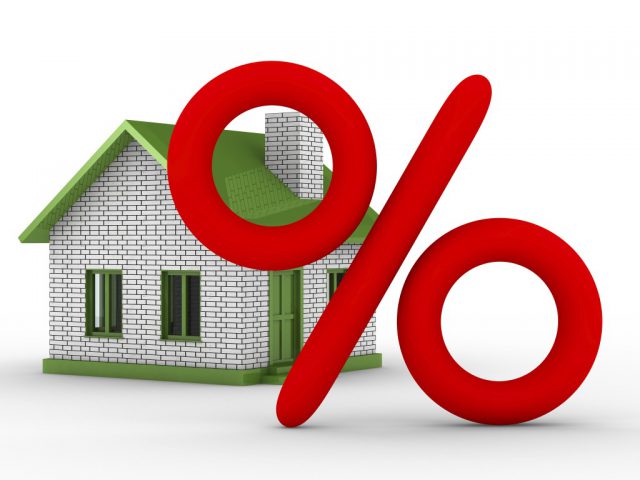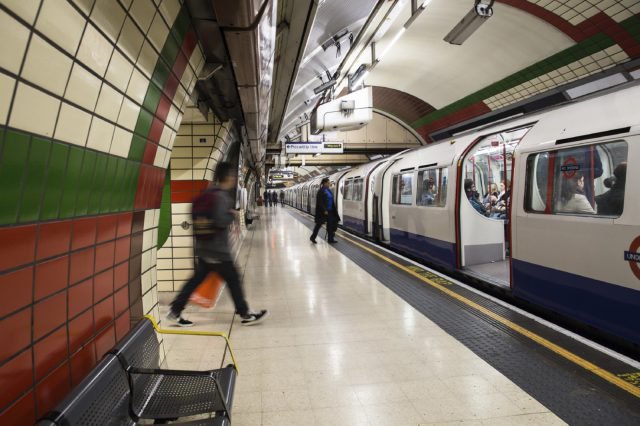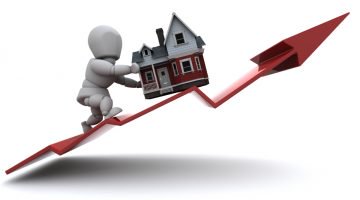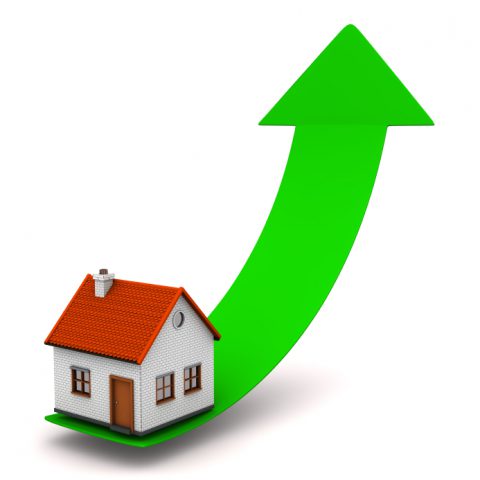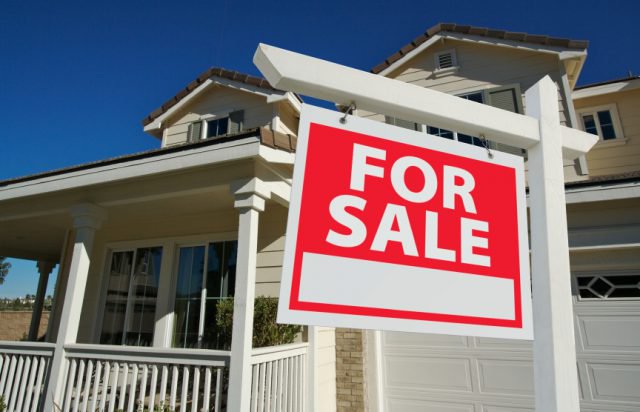Fall in asking price reductions
Gone are the days when offering alluring charm to a house vendor could lead to a reduced selling price, according to a new survey.
Research from property portal Zoopla has found that a British home sells for just 6.05% under it’s original asking price. This represents the lowest level in the past five years.
Discounts
Despite the lower discounts, the research found that 31% of homes currently on the market have had their asking price reduced at least once since being originally listed. This alone amounts to in excess of £2bn in reductions from houses and flats currently for sale in the UK.
The top-ten areas of the UK with the highest percentage of property with cut asking prices are in the North of England. Rotherham tops the pile, with 43.6% of all properties listed. Preston (43.2% and Barnsley (42.3%) came in second and third.
Full listings of the top-ten areas with the greatest proportion of homes with asking price reductions were:
| Top 10 Areas With Highest Proportion of Asking Price Reductions | ||||
| Rank | Area | % of Homes on Market Reduced | Average Price Reduction (%) | Average Price Reduction (£) |
| 1 | Rotherham | 43.6% | 7.4% | £11,193 |
| 2 | Preston | 43.2% | 6.8% | £14,235 |
| 3 | Barnsley | 42.3% | 7.4% | £10,331 |
| 4 | Wolverhampton | 41.2% | 7.0% | £11,236 |
| 5 | Blackpool | 38.9% | 9.8% | £14,017 |
| 6 | Chesterfield | 38.8% | 6.5% | £12,494 |
| 7 | Blackburn | 38.6% | 7.9% | £12,437 |
| 8 | Wakefield | 38.5% | 7.2% | £14,465 |
| 9 | Wirral | 37.8% | 6.4% | £15,643 |
| 10 | Huddersfield | 37.2% | 6.4% | £12,740 |
Bargains
With regards to the areas where the greatest reductions are currently to be found, Blackpool (9.8%), Manchester (8.3%) and Bradford (7.9%) are the best regions for bargain hunters. London (7.4%) also features in the top-ten, with discounts in the capital exceeding £75,000 on average.
The top-ten places with the largest asking price reductions were found to be:
| Rank | Area | Average Price Reduction | Average Price Reduction (£) | % of Homes on Market Reduced |
| 1 | Blackpool | 9.8% | £14,017 | 38.9% |
| 2 | Manchester | 8.3% | £15,437 | 31.2% |
| 3 | Bradford | 7.9% | £11,120 | 32.2% |
| 4 | Blackburn | 7.9% | £12,437 | 38.6% |
| 5 | Coventry | 7.6% | £17,317 | 31.0% |
| 6 | Liverpool | 7.5% | £12,990 | 34.8% |
| 7 | Pontefract | 7.5% | £12,254 | 36.9% |
| 8 | Rotherham | 7.4% | £11,193 | 43.6% |
| 9 | London | 7.4% | £75,154 | 23.0% |
| 10 | Barnsley | 7.4% | £10,331 | 42.3% |
‘Buyers may be disheartened by the decrease in the typical discounts on offer but can take cheer from the fact that almost a third are listed today below their original asking price,’ said Lawrence Hall, head of communications at Zoopla. Hall feels that, ‘despite ever-increasing house prices, there is still room for some good, old-fashioned negotiating.[1]
However, he also notes that, ‘one the flip side, vendors can be pretty confident of achieving close to their initial asking price. Zoopla has a unique feature on its website that allows potential buyers to track their original asking prices and subsequent reductions.’[1]
[1] http://www.propertyreporter.co.uk/property/discounts-on-property-at-five-year-low.html
